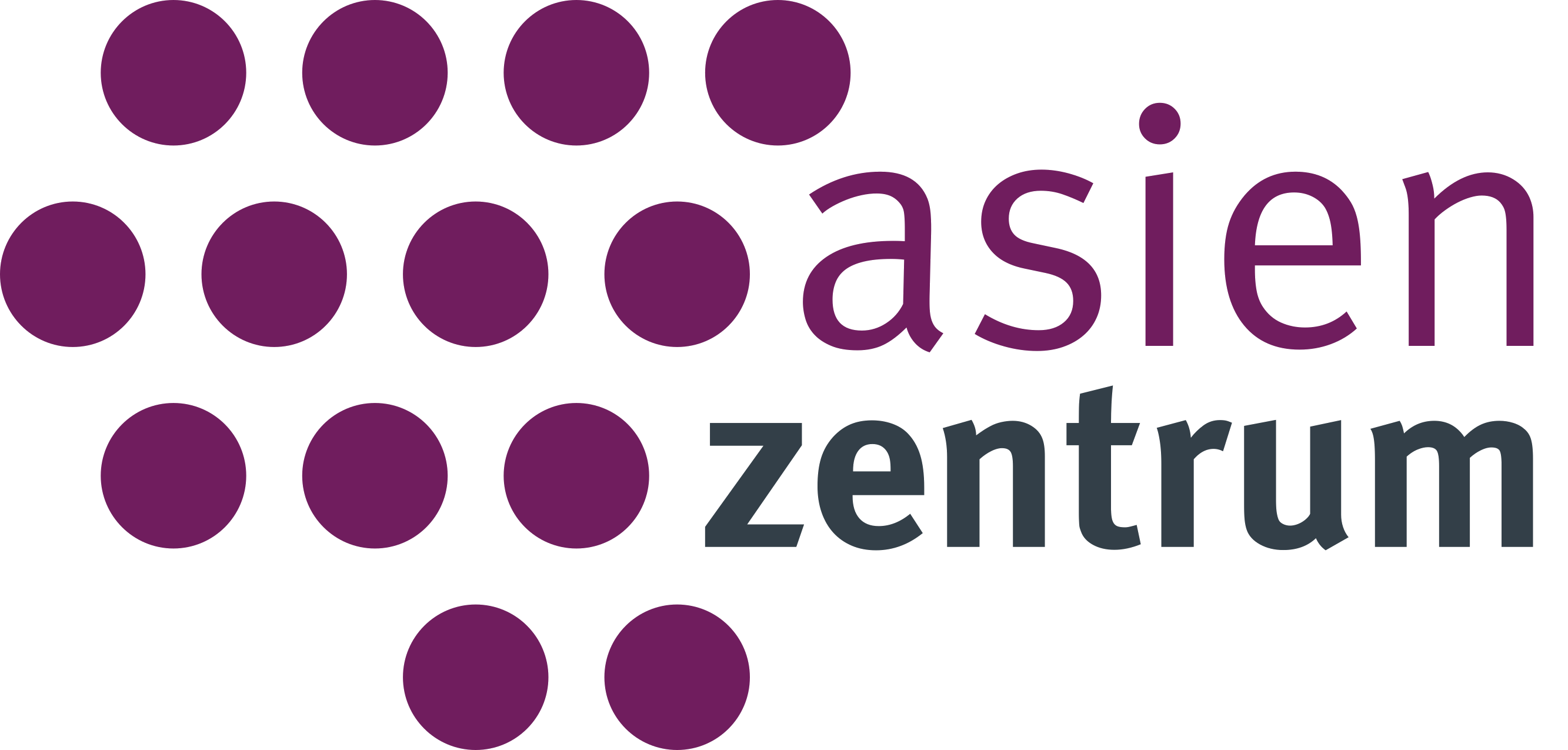Is the Sharafnāma a 'Kurdish' History? Contrasting Influences and Representations in Bidlīsī’s Chronicle of the Emirs of Kurdistan
Vortrag von Sacha Alsancakli
Composed in Persian in 1597, the Sharafnāma is the only pre-twentieth-century text that presents a comprehensive attempt to address Kurdish history. Its author, Sharaf Khān Bidlīsī, was himself the Kurdish emir of Bitlis—located southwest of Lake Van—then one of the most powerful Kurdish emirates in the volatile political and military landscape of the late sixteenth century. Educated at the Safavid court alongside the children of Shāh Ṭahmāsp, Sharaf Khān later served as a military commander in the borderlands, notably participating in the war of 1578–1590, first on the side of the Safavids and later with the Ottomans. Composed toward the end of his life, his chronicle was deeply informed by this distinctive life story. Over the past two centuries, the Sharafnāma has been examined primarily through the lens of Sharaf Khān’s contribution to contemporary debates on Kurdish identity and the broader Kurdish question, with little attention paid to the wider cultural context in which the text was produced. The aim of this talk is to explore Sharaf Khān’s intellectual world, particularly how his background as a Safavid-educated emir and military commander shaped his approach—both as a historian and as a leading figure among the so-called “emirs of Kurdistan” (umarāʾ-i Kurdistān). To this end, I will begin by addressing the sources of the Sharafnāma and, more broadly, the intellectual influences that shaped Sharaf Khān’s historiographical style—a journey that will take us from Herat to Qazvin and, ultimately, to Bitlis. I will then examine his representation of the Kurds, which was also shaped by his background as a man of the imperial centers. Indeed, while he portrays the Kurds as uncivilized and lacking culture, he also depicts them as proud and warlike—a perspective that may be understood as an attempt to reframe the predominantly negative image of the Kurds held by Ottoman and Safavid elites in a more favorable light. By bringing these two approaches together, I will pose a deliberately provocative question: although it is a chronicle of Kurdish emirates, can the Sharafnāma truly be considered a “Kurdish” history?
Weitere Infos zur Veranstaltung
Kontakt


